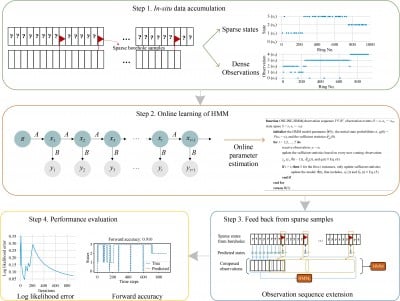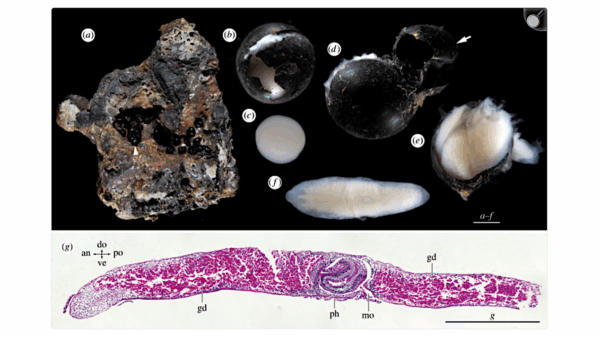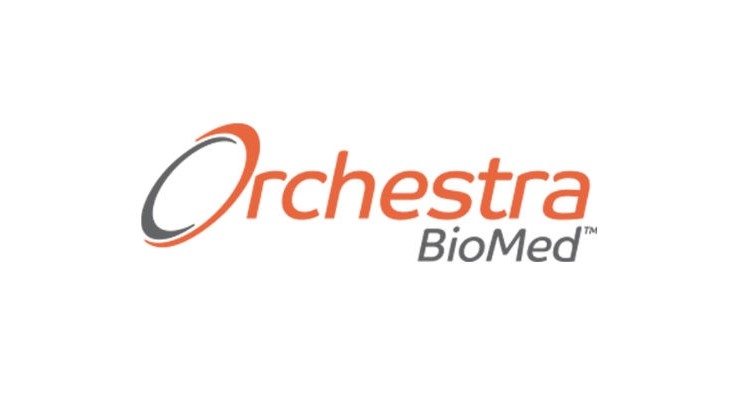Orchestra BioMed Holdings, Inc. has released significant clinical findings indicating that its atrioventricular interval modulation (AVIM) therapy could markedly enhance heart function in patients suffering from hypertension and diastolic dysfunction (DD). These two conditions are major contributors to heart failure with preserved ejection fraction (HFpEF). The results, published in JACC: Advances, arise from a retrospective, treatment-blinded analysis of participants from the MODERATO II trial.
In the study, patients undergoing AVIM therapy experienced a substantial reduction in blood pressure over six months. Office systolic blood pressure decreased by an average of 12.1 mmHg, while ambulatory readings fell by 8.3 mmHg. Additionally, echocardiographic assessments revealed significant improvements in myocardial relaxation and compliance, with notable increases in e′ velocity and the E/A ratio.
Clinical Implications of AVIM Therapy
Dr. Marat Fudim, the lead author from Duke Health, emphasized the importance of these findings. “There is a clear clinical link between long-standing hypertension, diastolic dysfunction, and the eventual development of HFpEF,” he stated, adding that few interventions effectively target this pathway. He noted that the therapy’s dual effects on blood pressure and ventricular compliance suggest a potential for disease modification and reverse remodeling.
The progression from uncontrolled hypertension to HFpEF represents a significant healthcare challenge, as indicated by Dr. Avi Fischer, Orchestra BioMed’s Senior Vice President of Medical Affairs and Innovation. He described this progression as “a costly and growing healthcare burden” with limited treatment options currently available. Fischer remarked that AVIM’s device-based approach offers the possibility of earlier intervention by addressing both elevated systolic pressure and impaired diastolic function.
Future Research and Development
Currently, AVIM therapy is being further evaluated in the BACKBEAT global pivotal study, which is conducted in partnership with Medtronic. This study aims to support potential regulatory approval in the United States for pacemaker-indicated patients with uncontrolled hypertension.
The implications of these findings could be profound, potentially benefiting millions of individuals at risk for HFpEF. As researchers continue to explore the effectiveness of AVIM therapy, the medical community remains hopeful for new avenues to improve heart health for those affected by these challenging conditions.


































































